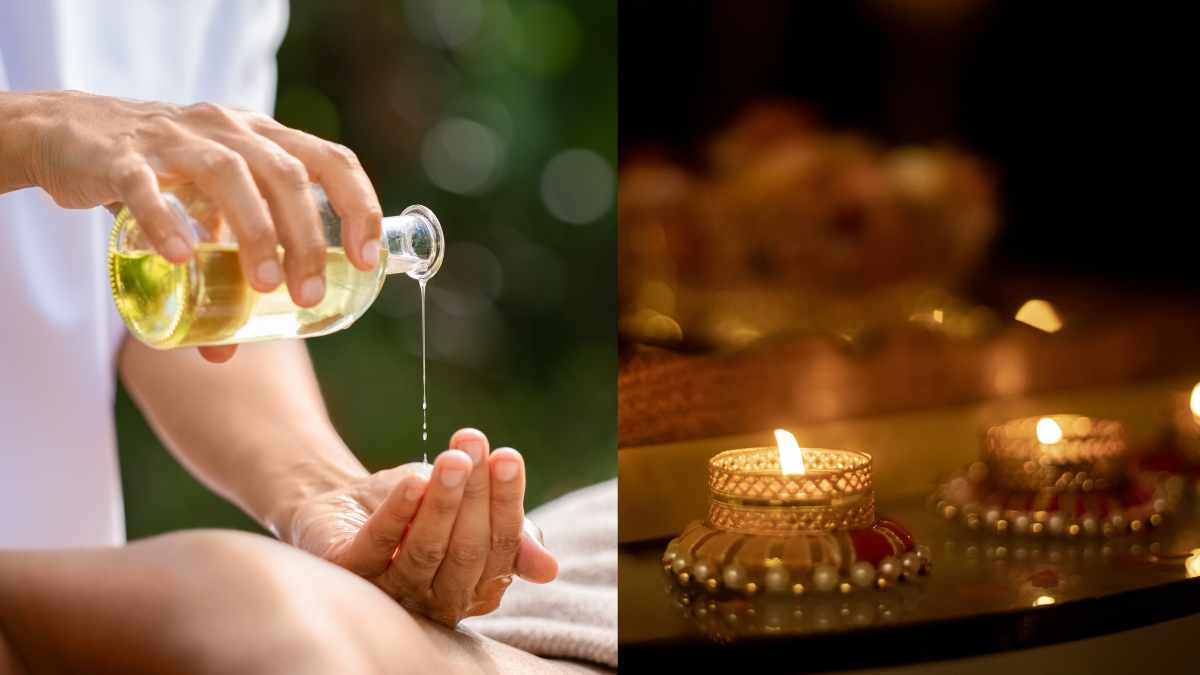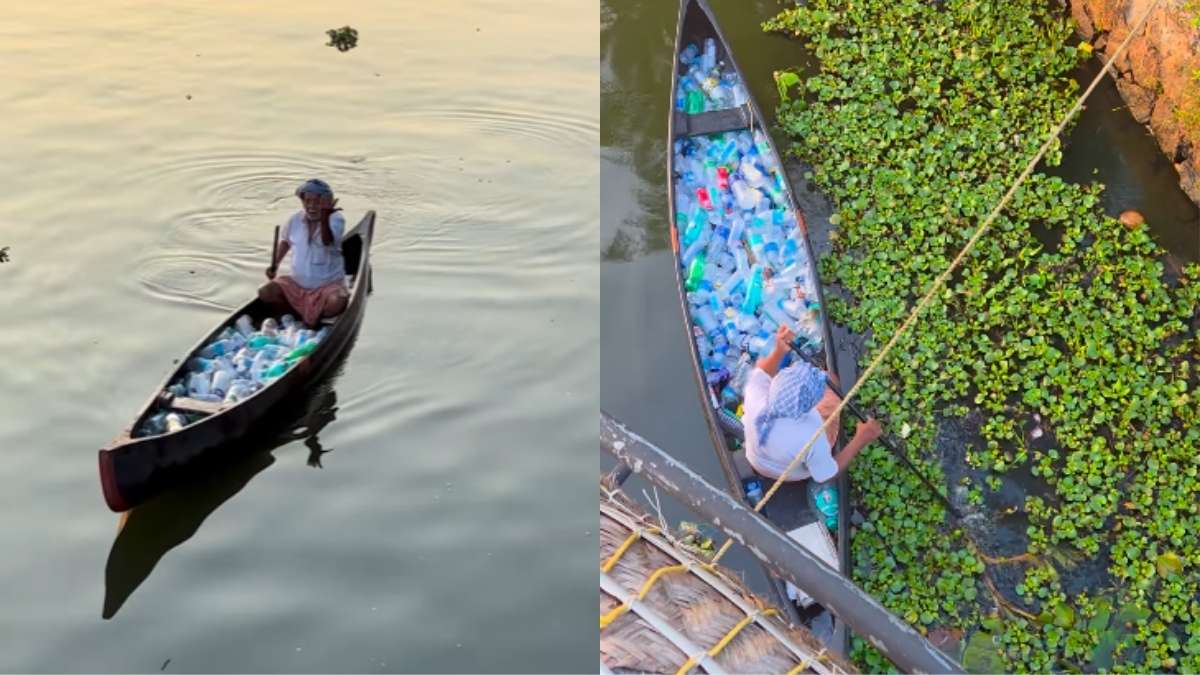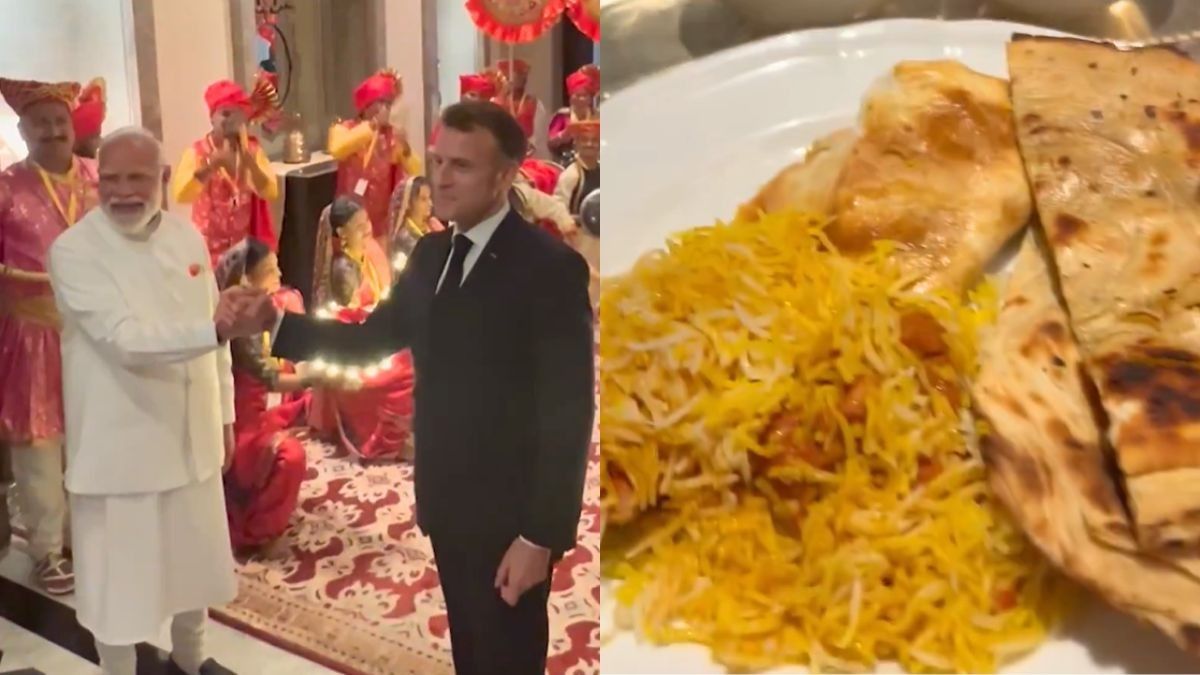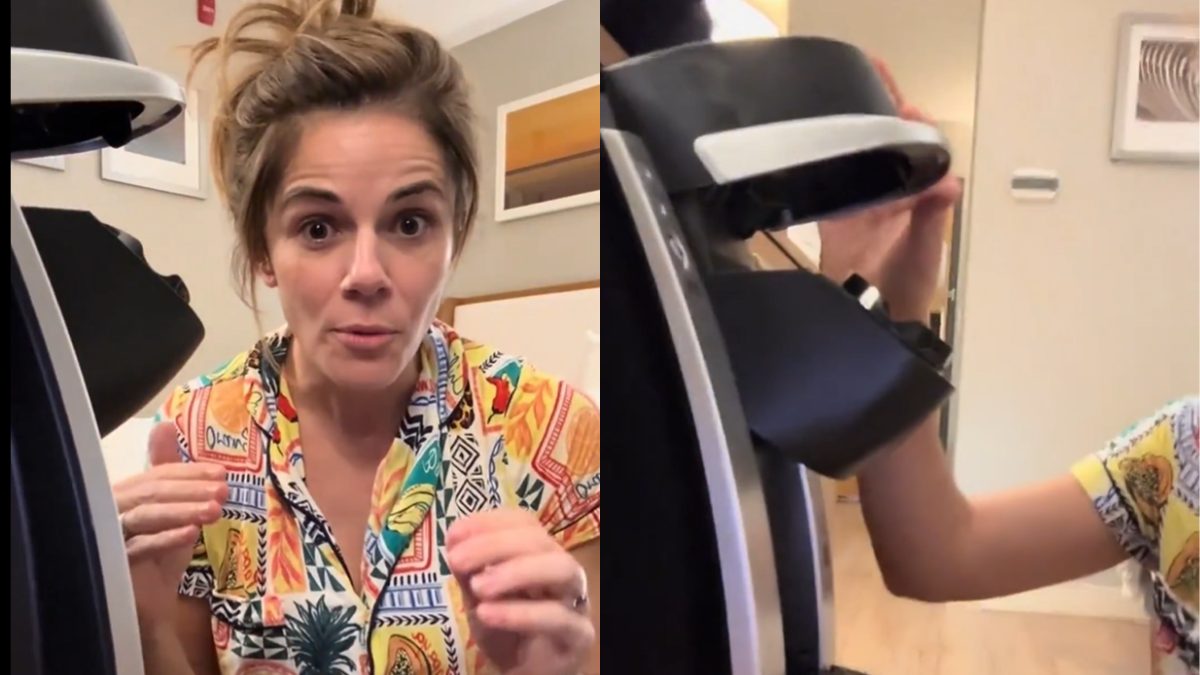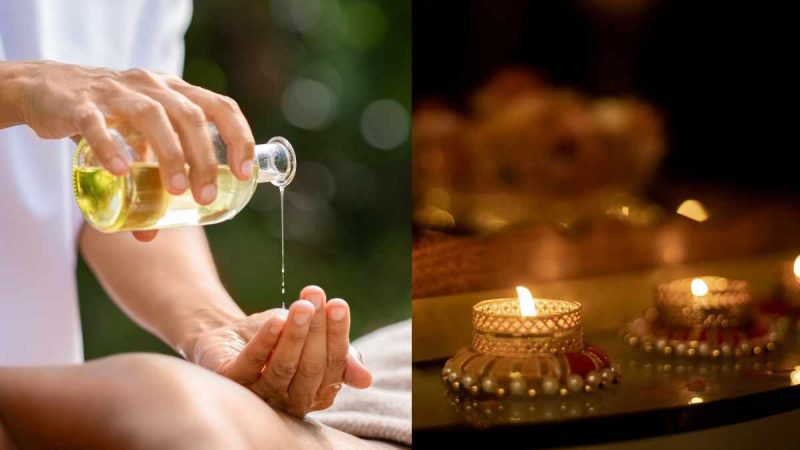Diwali is just around the corner, and preparations are galore to usher in the festival of lights. Amid the festivities, many regions of southern India celebrate Naraka Chaturdashi coinciding with Chhoti Diwali. One of the most unique ways to celebrate this day involves an oil bath ritual.
The Significance Of Oil Bath On Naraka Chaturdashi
Naraka Chaturdashi, the day preceding Badi Diwali, is celebrated in many households in South India. Legend has it that on this day Lord Krishna defeated the demon Narakasura with his consort Satyabhama. The demon while learned had committed the crime of imprisoning 16,0000 princesses. Before being defeated at the hands of Lord Krishna, Narakasura, asked for a final wish— that his death be celebrated.
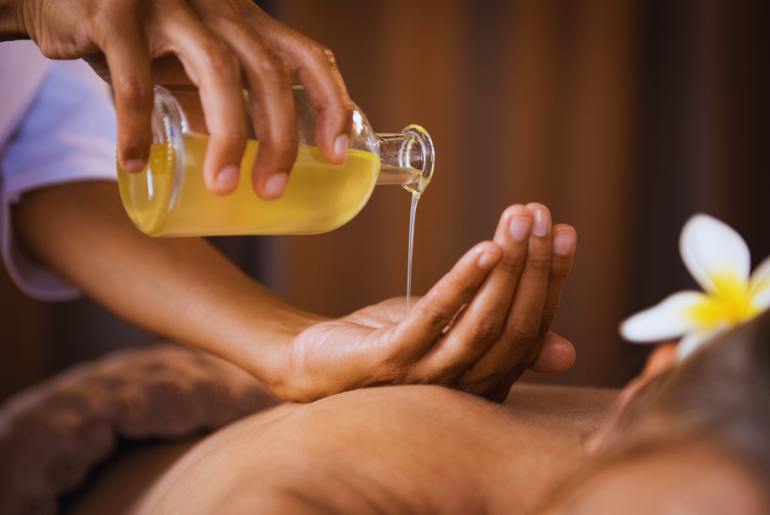
Because of the good deeds, he had done earlier, Krishna granted him the wish that his death would bring joy to others. After killing Narakasura, Lord Krishna freed the 16,000 women. Later, Lord Krishna is believed to have taken an oil bath to remove the blood of the demon splattered on his body and cleanse himself. A symbolic representation of the triumph of good over evil.
To date, many Hindus in South India perform an oil bath ritual called Abhyanga Snana or Ganga Snanam. This oil bath ritual symbolises cleansing one’s body and mind. It’s believed to symbolically cleanse negative thoughts from one’s mind and usher in a new beginning of positivity, hope and prosperity. A ritual to align individuals with the true essence of Diwali beyond its festive representation.
Also Read: Diwali Special: This Simple & Easy Goondh Sandesh Recipe Is Perfect For The Festive Season!
A Ritual To Cleanse The Mind, Body & Soul
Warm castor or coconut oil is used for a full-body massage. The oil is then washed away with a shikakai powder solution, leaving one’s body feeling healthy and nourished. The application of oil moisturises the skin and helps remove dirt and pollutants. Massaging oil on the head is believed to calm the mind and release stress.
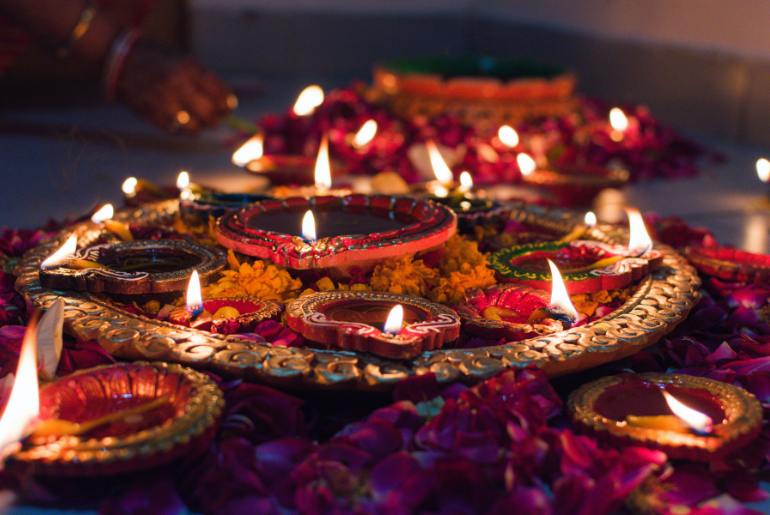
Oil massage is an ancient practice rooted in Ayurveda and is a mandatory ritual during Naraka Chaturdashi. Some cultures believe Goddess Lakshmi resides in the oil, so this oil bath ritual would help invoke her blessings. After the oil bath, devotees indulge in a feast to celebrate the victory of good over evil. In some households, on this day, water sources in the home are worshipped. Fresh flowers are adorned on all taps of the home to give thanks to water, our source of life and well-being.
Also Read: 11 Best Mumbai Caterers For Diwali Party To Bookmark
Well, do you celebrate Naraka Chaturdashi at your home?
Cover Image Courtesy: Canva Pro
For more such snackable content, interesting discoveries and the latest updates on food, travel and experiences in your city, download the Curly Tales App. Download HERE. First Published: October 23, 2024 5:10 PM
